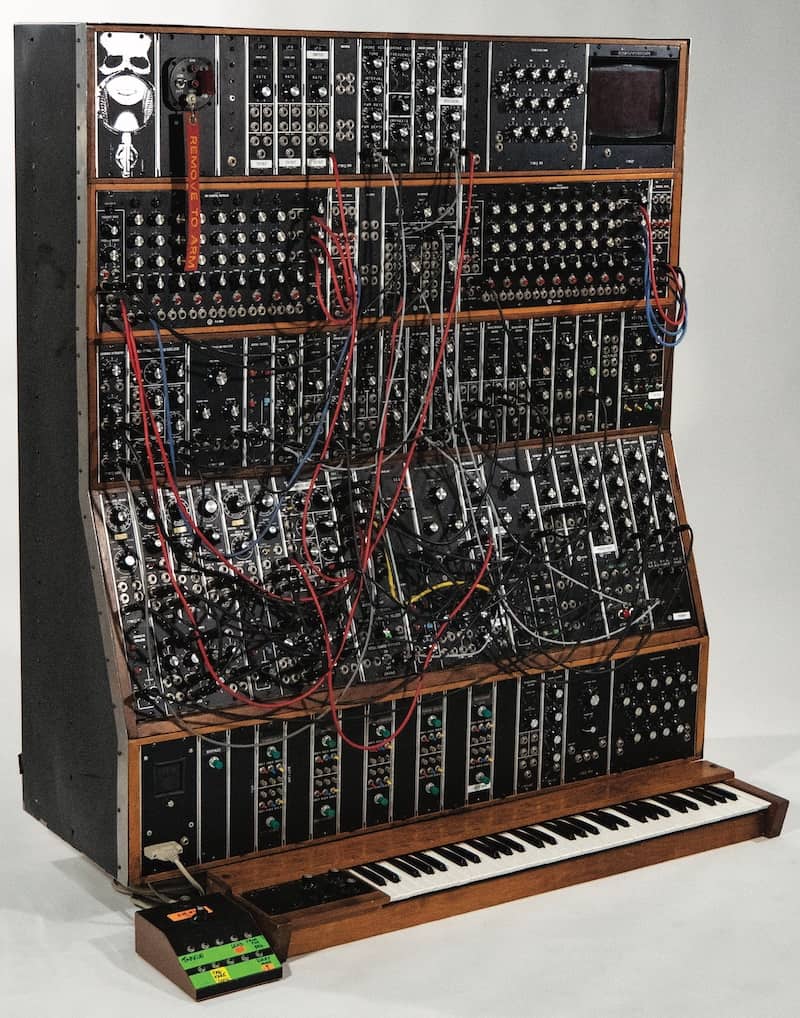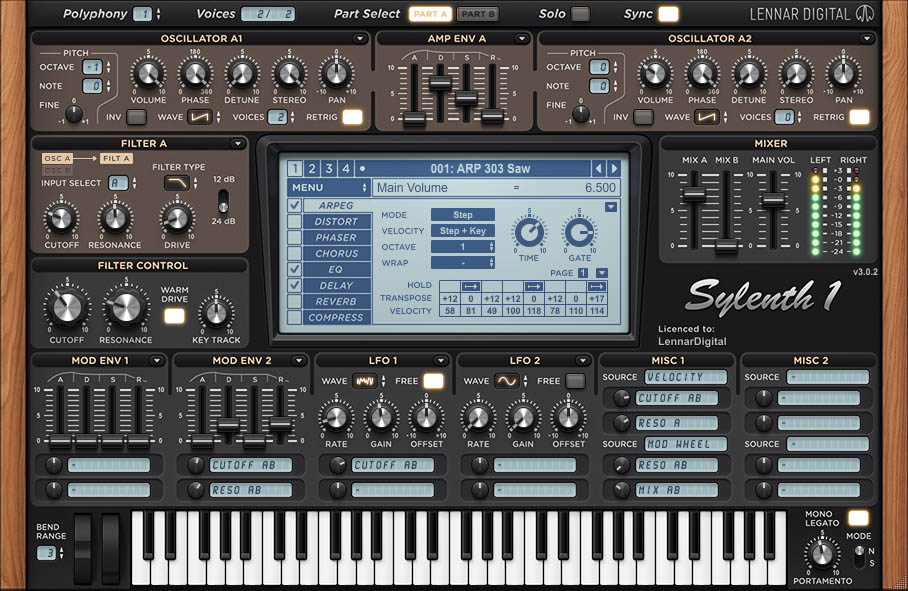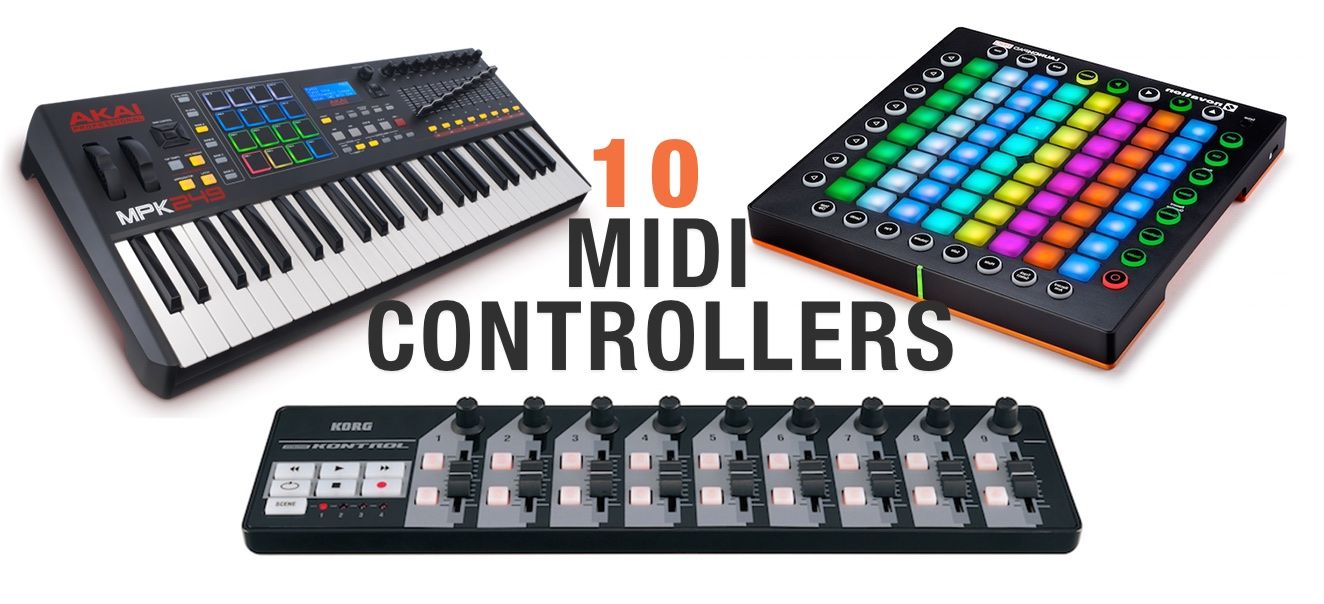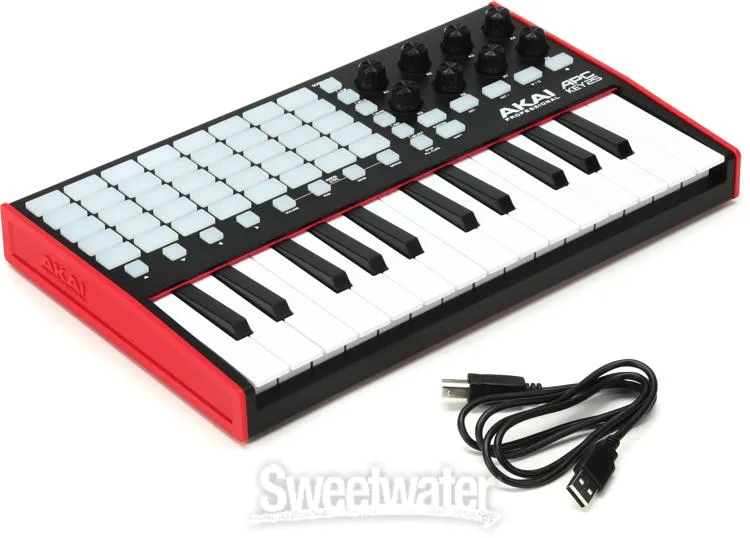Fubar Labs Synthesizer class
My goal is to run a workshop, and teach a class on the topic of electronic synthesizers, both analog and digital. There will be plenty of hands on work, demonstartions and exersizes. I hope to provide several low cost hardware projects to work on, that class partisipants can own and take home. I am open to any suggestions as to what we will work on and study. If you have any related equipment, I would be glad to have people bring their equipment along to class. A lot of the focas will be using microcontrollers to generate sounds, drawing waveforms, and use MIDI to control analog hardware.
The class/workshop will meet on alternate date, Saturday afternoon, from 3pm to 5pm, starting with March 11, then March 25, then April 8, then April 22, and so on, at Fubar Labs Home Website 1510 Jersey Avenue, North Brunswick, NJ 08902. Outside of any class material expenses, the class is free to Fubar membars. The class is also available to any non-membars of Fubar, at no cost to attend. If you have questions about scheduling, you can reach me ( Hampton Sailer) at (732) 693-3869 with voice call or text message. Please don't contact me after 9pm. Meetup Event Listing
The real value of this website, is located in the "Important Links" pulldown menu. Every time I visit a web page on the Internet that I like, and want to remember, I put a link to the page in the Links area. I try to organize them to make it easier to find some resource, but I encourage users to explore as many links as they can. There are a lot of hyperlinks pointing to valuable web resources. The linked webpages may contain theory or magazine format sites, Wiki articles or Manufacturer and distributor websties. Check them all out.
DISCLAIMER - I am not a musician. I could not bang out a tune on a keyboard to save my life. However, I am an electronics hardware engineer, and a moderately good programmer. I am very resourceful, and love digging up information that is available on the Internet. With MIDI playback, one does not have to be a musician, to play music on a synthesizer. Being a programmer or musician is not a prerequisite for this class, but it might help you enjoy the class more.
Class listing and workshop ideas
Here is a list of class topics I hope to present. The first 1/2 hour will be a background lecture on the day's subject, followed by a hands on workshop with equipment based on Arduino, MIDI controllers, Semi-Modular Synths, Eurorack modular synths and PC DAW software. I hope to develope several low cost PCB platforms to aid the class in exploring the electronics behind hardware synths.
- Synth background, Intro to MIDI, and MIDI on Arduino
- Introduction to DAW software, Software Synth, MIDI keyboards
- Modular and Semi-Modular Synth device instruments
- Fluxamasynth Arduino "shield" digital hardware synth module
- Introduction to PCB design and fabrication for electronic synth
Synthesizer equipment evolution
The entire world of music synthesis can be collapsed into software programs that run on a laptop PC or MAC. Though, with a software emulation of an analog synthesizer, the problem becomes controlling the software synth. PC keyboards and mouse are not well suited to playing music in real time. So, today we have the MIDI protocol keyboards to interface with synth devices. We are going to study the MIDI standard, and how it is used to connect the many devices, Keyboard, PC, controllers, MIDI to CV converters, and other electronic musical instuments.
Back in the 1960's and 1970's transistorized synthesizers were built by some of
the names you recognize, like Moog, ARP, Buchla. These
were large frame, modular systems with many plug in cards, all connected with
a rat's nest of audio cables.
A large modular analog synthesizer can cost a ton of money. The Keith Emerson model
of the Moog Synthesizer can cost up to $150,000 dollars. There are less expensive solutions.

Moog system 55 - Sweetwater
Moog system 55 - Humbcker
used Moog system 55 on Reverb, $30,000
BehringerSystem 55 - Sweetwater, $3,799
BehringerSystem 35 - Sweetwater, $2,499
Behringer Semi-Modular 2600 - Sweetwater, $699
Hammond Tone Wheel Organ
Terry Bradford Walk With Me
Semi-Modular and compact Synth Keyboards
Then, during the 1980's more modern and simplifed synthesizers began to appear. These new machines used large scale analog integrated circuits to condense the size of the synth. Also, this new class of machine combined most of the common features into one product, creating an integrated product that could be sold for less than the large modular systems. More companies joined the market, and competition also brought prices down. Some of the well know companies all used the same integrated circuits which were produced by Curtis ElectroMusic Specialties.
These new all in one instruments can cost from around $2,000, to $5,000 dollars. The The Moog Subsequent 37 has a price of $1,900 dollars. It can create most of the sounds of the big brother "Keith Emersion Moog" model.

Virtual Instrument - Software emulation of Synthesizers
Now a software emulation of a Synth can be run on a personal computer, with the output sounding
pretty close to a real hardware Synthesizer, yet costs only $150 dollars. Below is a screen
shot of a PC video screen. The controls are manipulated with the mouse cursor.
The software synth is fully controllable by MIDI keyboards and control surfaces.
However, this software synth is actually just a plug-in software module. This software synth
requires a DAW host software program, compatible with either VSTi, AU or AAX backplane technology.
Lennar Digital Sylenth1

Youtube Semi Modular Vid
MIDI Keyboard Controllers
Now there is a problem, how to control the software synth running on a PC? The native mouse and typewriter style keyboard is a poor solution to interfacing a live musician. The answer is the family of Keyboard Controllers that talk the MIDI protocol. The Software Synth receives the digital codes for keystrokes from the MIDI keyboard, and then the Software plays the notes out through the PC sound card. The MIDI keyboard controller can also send out commands directly to a Semi-Modular Synthesizer.
MPK249--akai-professional-mpk249-keyboard-controllerAkai-professional-apc-key25-mk2-25-key-keyboard-controller
Artiphon guitar like MIDI controller
Theory board-96-button-midi-controller

Picture - Akai MIDI controller APC Key25, with Ableton Lite Live Software included.
